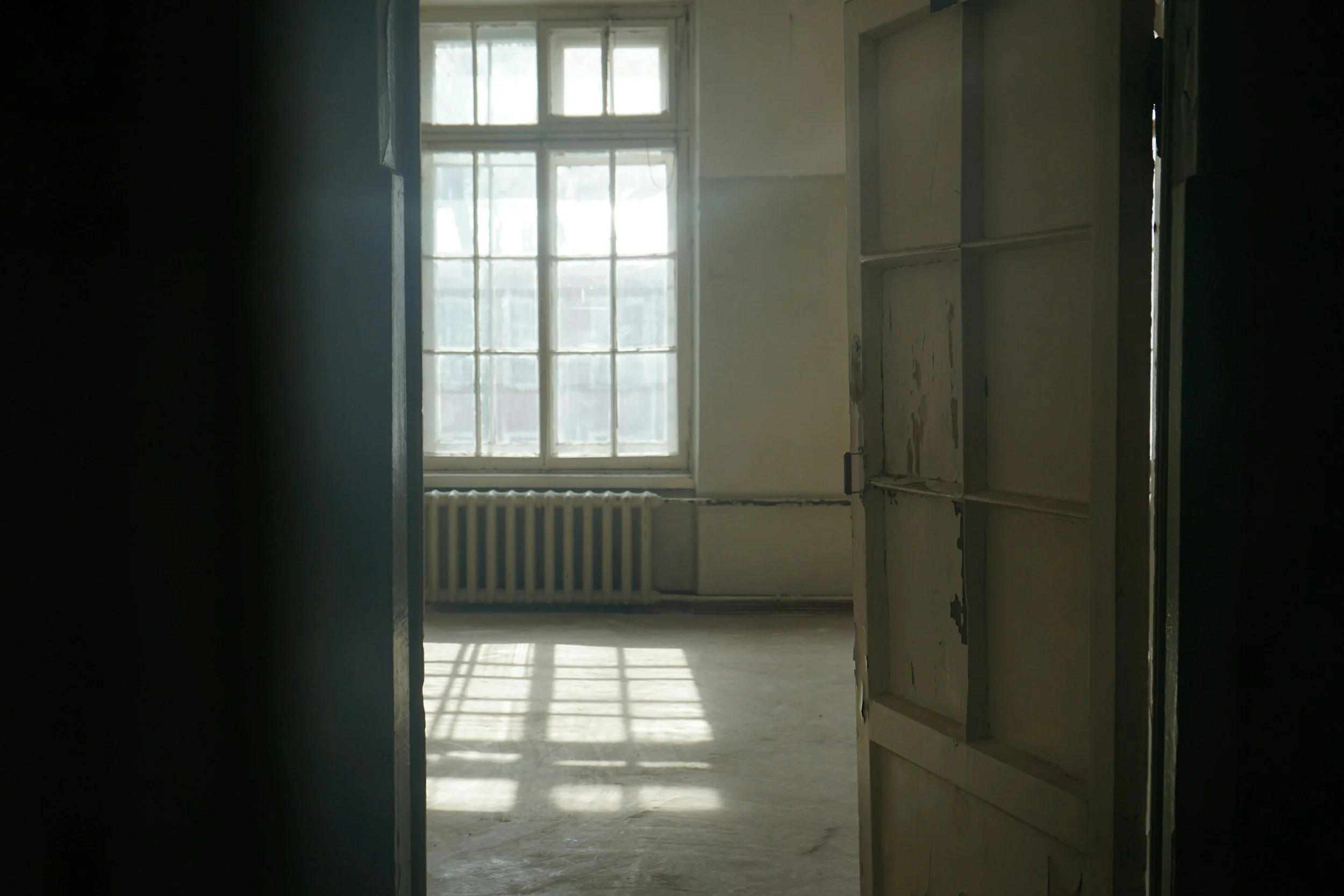Debunking Anti-Lockdowners & Their Use of The Phrase “Vaccine Apartheid”
Whilst on my daily scroll on social media, I came across pictures of anti-lockdown protestors. One of the images was of a woman carrying a placard which expressed her disapproval of the vaccination, believing it would lead to a “vaccine apartheid.” Another protestor had a placard which compared the possible introduction of COVID passports to the pass book system in South Africa during Apartheid.
As a history student who is currently studying apartheid, I was mortified that such comparisons were being made: these protestors had clearly misunderstood what apartheid actually is. Vaccine passports may not even be compulsory in the UK, and it would not be close to the pass laws which restricted the movements of black people in South Africa during apartheid. Despite what I consider to be a misinterpretation of the meaning, is it worth considering the possibility that we could be facing a form of medical apartheid?
It is first worth debunking what the anti-lockdowners believe medical apartheid to be. The literal translation of the word ‘apartheid’ is separateness. The fear that anti-lockdowners have is that sections of the populations who have not been vaccinated will be barred from entering places. They fear restriction of movement and they fear loss of freedom. At present, vaccination passports have not been enforced in the UK. If in future they are, anti-lockdowners claim that this will represent a step towards the tyranny of the majority.
So what actually is a vaccine apartheid? It is not like apartheid in South Africa where those who choose not to get vaccinated are forcibly removed to separate areas and face serious repression from the government. A vaccine apartheid, as described by WHO, is where richer countries benefit by being able to access vaccinations, whilst the poorer countries suffer. The result of a vaccine apartheid will be the widening of the already existing socio-economic divide. This is where anti-lockdowners have misunderstood the term.
As of June 2021, 2.26 billion doses have been given out, with 480 million people vaccinated. In the UK, an advanced economic country, 43.3% of the population have been fully vaccinated. It is worth noting that the population in the UK is around 66.65 million.By contrast, in Nigeria, a country with a population of 201 million, only 0.1% of the population has been vaccinated. It is the developing nations who are suffering the most from the pandemic as they are experiencing an economic slowdown brought upon by a collapse in commodity prices and still recovering from epidemics such as ebola. These countries desperately need vaccinations but cannot afford them. It should now fall on to the leaders of developed countries to support these countries via foreign aid or by distributing more vaccines. The last thing that is needed is an even wider socio-economic disparity between the developed and developing countries.
Part of the issues of the economic separateness between nations was discussed during the G7 summit that took place from the 11th-13th June, the leaders agreed to donate one billion COVID-19 vaccinations to developing countries. This may still not be a sufficient amount - Oxfam claims that over 11 billion doses would be required to eliminate the pandemic. Whilst donating a billion vaccines is better than nothing, it may be too little too late.
Another issue relates to the distribution of vaccines. At the moment, there are 152 developing countries, most of which require vaccines, but how do we prioritise which ones to give it to? Do we base it on the number of cases or the government's ability to distribute vaccines? This is, of course, assuming that all the citizens are willing to be vaccinated. In reality, we do know that one of the reasons for resistance to vaccinations is due to lack of education. For this reason, campaigns to dispel any fears around getting vaccinated are urgently needed. People should be educated about the benefits by providing statistics that support vaccine success could go a long way to convincing people of the benefits of getting the jab.
The education system should be reformed to incorporate lessons on dispeling harmful myths about vaccines so that people can separate fact from fiction when it comes to vaccines. As a secondary school student, I can say my PSHCE (acronym for Personal, Social, Health and Citizenship Education) has never spoken about the dangers of being sceptical about vaccines. The lack of education in this subject shows why there has been a growth in anti-vaxxers and hence the separateness.
Due to the lack of access and education surrounding vaccinations, many developed countries may be further restrained from developing. Not only should there be a greater push towards donating vaccines to developing nations but also better education on the matter. Anti-lockdowners need to understand the economic impact that is being brought on by the vaccine apartheid and understood how much bigger it is than not being able to go out clubbing or going on holiday abroad. By following a programme of education, we can inhibit the spread of a medical apartheid resulting from the COVID-19 pandemic.
Written by Roshni Weatherley










